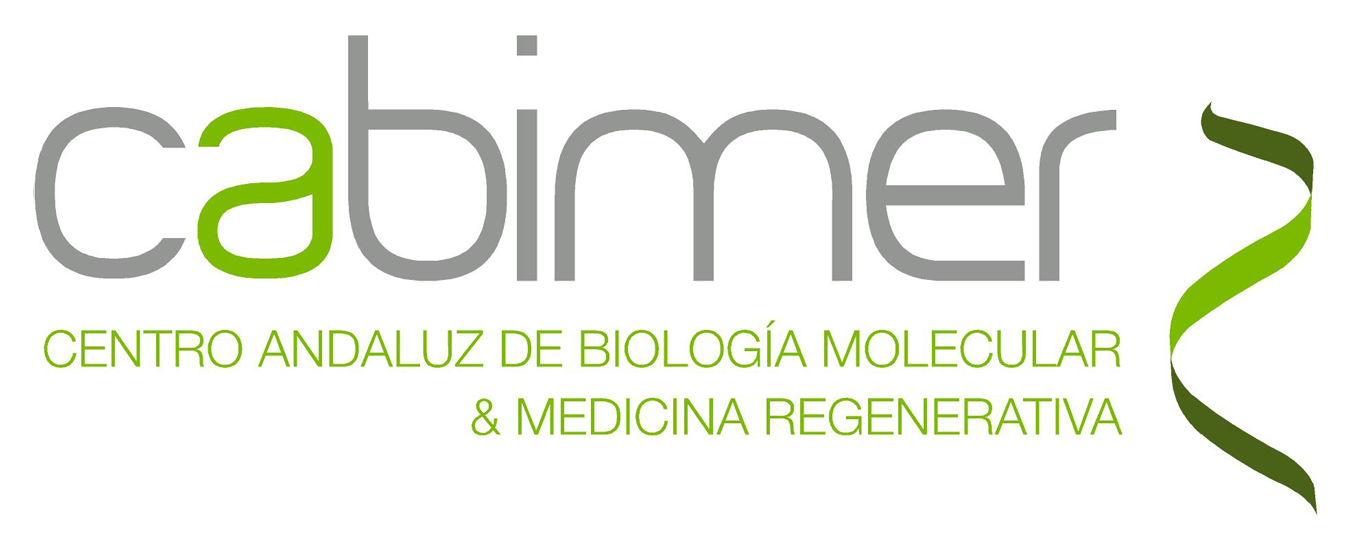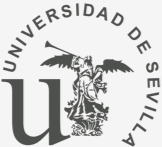Chromatin modifications
Overview:
The genetic information in eukaryotic cells is tightly wrapped around histone proteins to form chromatin, which is highly repressive to processes occurring on DNA. However, we know since pioneering studies by Vincent Allfrey in the early 1960s that histones are subjected to a wide variety of covalent post-translational modifications (PTMs) that can modulate DNA accessibility, thereby playing key roles in many biological processes. Thus, rather than a simple impediment, chromatin is a highly dynamic regulatory platform that helps to fine-tune the control of DNA metabolic processes, including transcription, replication and repair.
During the past three decades, we have witnessed major advances in our understanding of the functional role of histone PTMs in key cellular processes. Although most breakthrough discoveries were driven by scientific curiosity, many of them have far-reaching implications for the treatment of human disease. This is based on the notion that, unlike genetic alterations, most of the known histone PTMs are likely reversible, which offers considerable promise for therapeutic intervention. Importantly, there are increasing number of reports linking alterations of the histone PTM landscape to different cancer states. Our main interest is the characterization of the pathways leading to histone PTMs and their involvement in cancer.
Current research lines:
1-The role of histone H4R78me1 and its impact on Acute Myeloid Leukemia (AML) biology
Recent genomic analyses in myeloid leukemia patients have identified several mutations in genes encoding RNA splicing factors. Significantly, AML cells bearing splicing factor mutations are preferentially sensitive to genetic or pharmacologic modulation of splicing, thereby providing a therapeutic window of opportunity. We have characterized the genome-wide distribution of histone H4 arginine 78 mono-methylation (H4R78me1) in AML cells and found that it extensively overlaps with that of a transcription factor co-purifying with the core splicing machinery. This transcription factor is overexpressed in AML patient samples, where high expression levels significantly correlates with poor prognosis. We are currently investigating the molecular pathways leading to H4R78me1 and their possible impact on AML biology.
2-H3K37me1: Genome-wide distribution and role in DNA replication origin firing
DNA replication stress is a major cause of genome instability, which is considered a hallmark of cancer. It is well-established that oncogene activation can cause alterations of the DNA replication program, giving rise to replication stress. This has led to the proposal of a model for cancer development in which oncogene-induced DNA replication stress, an early driver of genomic instability in pre-cancerous cells, will in turn generate the genetic diversity necessary for cancer cells to escape apoptosis. Remarkably, DNA replication stress is not a common feature of normal cells, thereby representing a promising target for cancer-specific therapies. Our previous studies in yeast indicate that mono-methylation of histone H3 at lysine 37 (H3K37me1) safeguards the correct execution of the DNA replication program by restricting replication initiation to conventionally used origins of replication. We are currently investigating the conservation of H3K37me1 function in human cells.
Funding:


If you are interested in joining our group as master student, PhD student or Postdoc, please contact us at: gonzalo.millan@cabimer.es
Recent publications:
1. López Hernández L, Toolan-Kerr P, Bannister A, Millán-Zambrano G (2025) Dynamic histone modification patterns coordinating DNA processes. Mol Cell. 85(2). 10.1016/j.molcel.2024.10.034.
2. Millán-Zambrano G, Burton A, Bannister AJ, Schneider R. (2022) Histone post-translational modifications-cause and consequence of genome function. Nat Rev Genet. 23(9):563-580.
3. Santos-Rosa H*, Millán-Zambrano G*, Han N*, Leonardi T, Klimontova M, Nasiscionyte S, Pandolfini L, Tzelepis K, Bartke T, Kouzarides T. (2021) Methylation of histone H3 at lysine 37 by Set1 and Set2 prevents spurious DNA replication. Mol Cell. S1097-2765(21)00326-9. (*Joint first author).
4. Herrero-Ruiz A, Martínez-García PM, Terrón-Bautista J, Millán-Zambrano G, Lieberman JA, Jimeno-González S, Cortés-Ledesma F. (2021) Topoisomerase IIα represses transcription by enforcing promoter-proximal pausing. Cell Rep. 13;35(2):108977.
5. Puddu F, Herzog M, Selivanova A, Wang S, Zhu J, Klein-Lavi S, Gordon M, Meirman R, Millan-Zambrano G, Ayestaran I, Salguero I, Sharan R, Li R, Kupiec M, Jackson SP. Genome architecture and stability in the Saccharomyces cerevisiae knockout collection. Nature 573(7774):416-420.
6. Millan-Zambrano G#, Santos-Rosa H, Puddu F, Robson SC, Jackson SP, Kouzarides T. (2018) Phosphorylation of Histone H4T80 Triggers DNA Damage Checkpoint Recovery. Mol Cell 72(4):625-635.e4. (#Co-corresponding author).
7. Gutiérrez G*, Millán-Zambrano G*, Medina DA, Jordán-Pla A, Pérez-Ortín JE, Peñate X, Chávez S. (2017) Subtracting the sequence bias from partially digested MNase-seq data reveals a general contribution of TFIIS to nucleosome positioning. Epigenetics&Chromatin 10(1):58. (*Joint first author).
8. Barbieri I, Tzelepis K, Pandolfini L, Shi J, Millán-Zambrano G, Robson SC, Aspris D, Migliori V, Bannister AJ, Han N, De Braekeleer E, Ponstingl H, Hendrick A, Vakoc CR, Vassiliou GS, Kouzarides T. (2017) Promoter-bound METTL3 maintains myeloid leukaemia by m6A-dependent translation control. Nature 552(7683):126-131.
ORCID ID: https://orcid.org/0000-0002-4530-6359
SCOPUS ID: https://www.scopus.com/authid/detail.uri?authorId=37023469300








